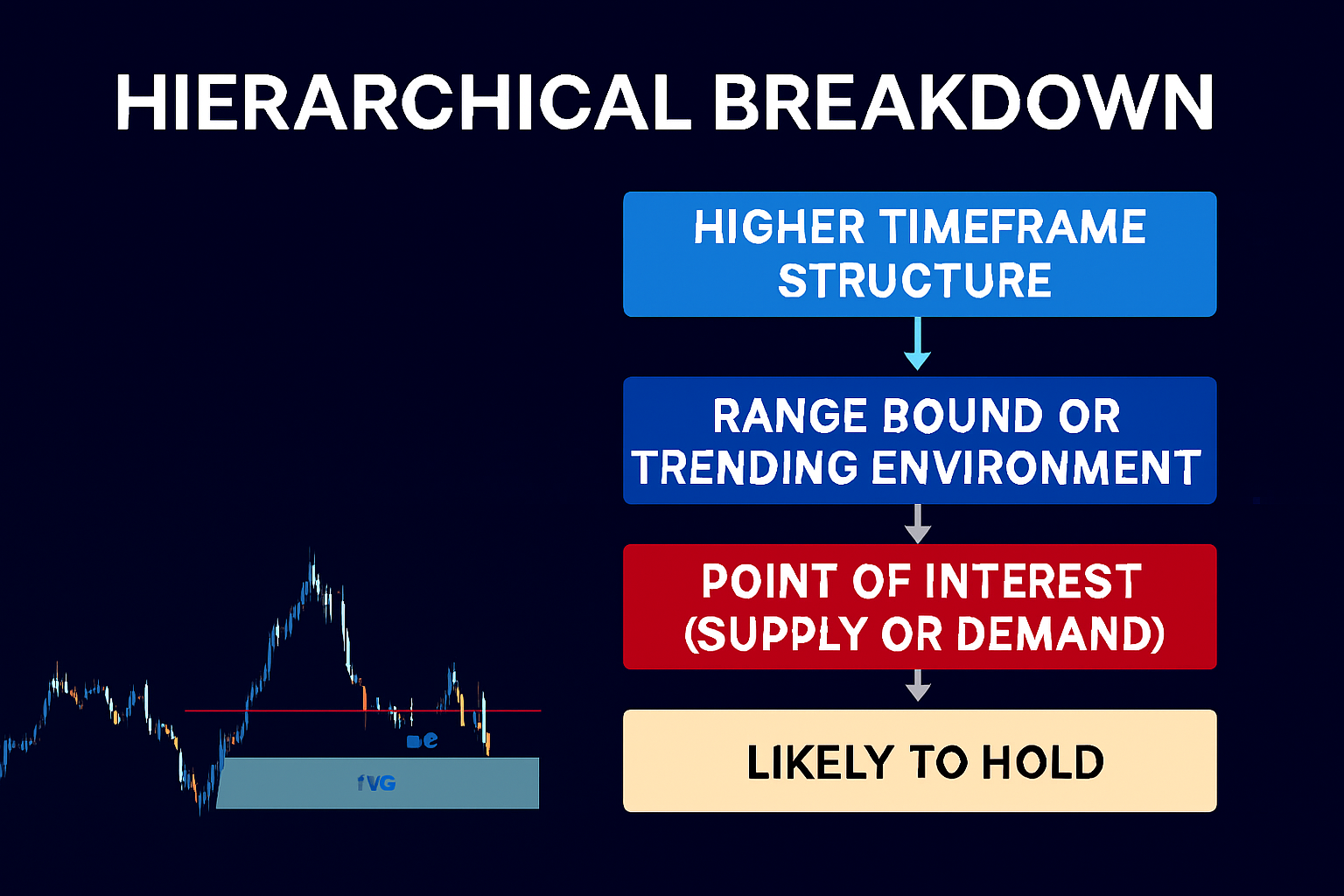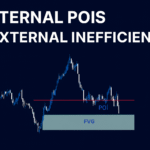Affiliate marketing can be a lucrative endeavor, but even seasoned marketers can fall prey to SEO mistakes that undermine their efforts. Here are seven costly SEO mistakes that can hurt your affiliate marketing profits and how to avoid them.
>> Here’s the Proven Way to Make $100-$200 Daily with 0 Investment – Watch This FREE Video and Start Now >>

1. Neglecting Keyword Research (SEO Mistakes)
Effective keyword research is the cornerstone of successful SEO. Failing to conduct thorough research can lead to targeting the wrong keywords or overly competitive terms. This misstep results in poor search engine rankings and low organic traffic. Use tools like Google Keyword Planner, Ahrefs, or SEMrush to identify high-volume, low-competition keywords relevant to your niche. Continuously update and refine your keyword strategy based on performance and changing trends.
2. Overlooking On-Page SEO
On-page SEO is crucial for improving visibility and relevance. Ignoring elements such as title tags, meta descriptions, header tags, and internal linking can drastically reduce your chances of ranking well. Ensure that each page is optimized with relevant keywords, compelling meta descriptions, and a clear hierarchy of headers. Also, maintain a logical internal linking structure to help search engines understand the context and importance of your content.
3. Ignoring Mobile Optimization (SEO Mistakes)
With an increasing number of users accessing websites via mobile devices, mobile optimization is essential. A site that isn’t mobile-friendly can result in high bounce rates and lower rankings. Implement a responsive design that adjusts to different screen sizes and ensures a seamless user experience across all devices. Google’s mobile-first indexing means that your mobile site is critical to your overall SEO performance.
4. Failing to Build Quality Backlinks
Backlinks are a significant ranking factor in SEO. Failing to build quality backlinks can stunt your site’s authority and visibility. Focus on earning backlinks from reputable and relevant sources through content marketing, guest blogging, and partnerships. Avoid black-hat techniques like buying links or participating in link farms, as these can lead to penalties and damage your credibility.
5. Producing Low-Quality Content
Content is king in SEO, and producing low-quality or thin content can negatively impact your rankings. High-quality content that provides value to readers is more likely to be shared and linked to. Focus on creating comprehensive, well-researched articles that address the needs and interests of your target audience. Regularly update your content to keep it relevant and engaging.
6. Ignoring Technical SEO (SEO Mistakes)
Technical SEO encompasses aspects like site speed, crawlability, and structured data. Neglecting these elements can hinder search engines from properly indexing your site. Ensure your website loads quickly by optimizing images and leveraging browser caching. Use tools like Google Search Console to identify and fix crawl errors, and implement structured data to enhance your site’s visibility in search results.
7. Failing to Monitor and Adjust SEO Strategies
SEO is not a one-time effort but an ongoing process. Failing to monitor your SEO performance and adjust your strategies accordingly can lead to stagnation or decline in rankings. Regularly track your site’s performance using analytics tools and stay informed about SEO trends and algorithm updates. Adjust your tactics based on data insights to continuously improve your SEO efforts.
>> Here’s the Proven Way to Make $100-$200 Daily with 0 Investment – Watch This FREE Video and Start Now >>
Neglecting Keyword Research (SEO Mistakes)
Keyword research is crucial for SEO success, especially in affiliate marketing. Neglecting this step can lead to missed opportunities and wasted resources. Here’s why effective keyword research matters:
- Targeting the Wrong Keywords: Without proper research, you might target irrelevant or highly competitive keywords, reducing your chances of ranking.
- Missed Traffic Opportunities: Failing to identify long-tail keywords or niche-specific terms can result in lower traffic to your site.
- Poor Content Strategy: Without keyword insights, your content might not align with what your audience is searching for, diminishing its effectiveness.
- Low Conversion Rates: Incorrect keywords can attract the wrong audience, leading to fewer conversions and less revenue.
- Ineffective Competition Analysis: Proper keyword research helps you understand your competition and find gaps in their strategies.
- Wasted Resources: Investing in SEO without keyword research can lead to ineffective campaigns and wasted budget.
- SEO Penalties: Overusing or misusing keywords can result in penalties from search engines.
Effective keyword research is vital for driving targeted traffic and optimizing your affiliate marketing efforts. Avoid neglecting this crucial step to ensure your SEO strategy is successful and efficient.
Overlooking On-Page SEO
On-page SEO is vital for optimizing your website and improving search engine rankings. Ignoring it can severely impact your affiliate marketing success. Here’s why on-page SEO matters:
- Unoptimized Title Tags: Missing or poorly written title tags can reduce your page’s visibility in search results.
- Neglecting Meta Descriptions: Meta descriptions that don’t include relevant keywords or compelling calls to action can lower click-through rates.
- Ignoring Header Tags: Proper use of header tags (H1, H2, H3) helps organize content and signals its relevance to search engines.
- Lack of Internal Linking: Failing to link to other relevant pages on your site limits navigation and authority flow.
- Keyword Stuffing: Overusing keywords can result in penalties and poor readability.
- Not Optimizing Images: Unoptimized images can slow down your site and impact user experience.
Neglecting on-page SEO elements can hinder your affiliate marketing efforts. Ensure each page is optimized with the right tags, keywords, and structure to boost visibility and user engagement.
Ignoring Mobile Optimization (SEO Mistakes)
Mobile optimization is essential in today’s digital landscape. Ignoring it can seriously impact your affiliate marketing success. Here’s why mobile optimization should be a priority:
- High Mobile Traffic: A significant portion of web traffic comes from mobile devices. Ignoring mobile optimization can lead to lost opportunities.
- Google’s Mobile-First Indexing: Google prioritizes mobile-friendly sites in its rankings. A non-optimized site can suffer in search results.
- Poor User Experience: Sites not optimized for mobile can be hard to navigate, leading to high bounce rates.
- Lower Conversion Rates: Mobile users may abandon a site if it’s not user-friendly, reducing your potential conversions.
- Slower Load Times: Non-optimized sites can load slowly on mobile devices, frustrating users and impacting SEO.
- Competitive Disadvantage: Competitors with mobile-optimized sites will rank higher and attract more traffic.
- Increased Bounce Rates: A lack of mobile optimization can lead to higher bounce rates, negatively affecting your site’s performance.
Prioritizing mobile optimization is crucial for retaining users and improving search rankings. Ensure your site is mobile-friendly to enhance user experience and drive better results in your affiliate marketing efforts.
Failing to Build Quality Backlinks
Backlinks are a crucial factor in SEO, and failing to build quality backlinks can significantly impact your affiliate marketing success. Here’s why you should prioritize backlink building:
- Reduced Authority: Quality backlinks boost your site’s authority and trustworthiness. Without them, your site may struggle to rank highly.
- Lower Search Rankings: Backlinks from reputable sites signal to search engines that your content is valuable, improving your rankings.
- Missed Traffic Opportunities: Backlinks can drive referral traffic from other sites, increasing your potential audience.
- Less Competitive Edge: Competitors with strong backlink profiles will have an advantage in search rankings.
- Limited Content Reach: Without backlinks, your content’s reach is limited, reducing its potential impact.
- Decreased Brand Visibility: High-quality backlinks enhance your brand’s visibility and credibility in your niche.
- Stagnant Growth: A lack of backlinks can result in stagnant growth and reduced overall SEO effectiveness.
- Potential SEO Penalties: Avoid using black-hat techniques. Instead, focus on natural, high-quality link-building strategies to prevent penalties.
Building quality backlinks is vital for SEO success. Focus on acquiring reputable and relevant links to improve your site’s authority, search rankings, and overall performance in affiliate marketing.
>> Here’s the Proven Way to Make $100-$200 Daily with 0 Investment – Watch This FREE Video and Start Now >>
Producing Low-Quality Content
High-quality content is essential for effective SEO and successful affiliate marketing. Producing low-quality content can have detrimental effects. Here’s why you should avoid this pitfall:
- Poor User Engagement: Low-quality content fails to engage readers, leading to higher bounce rates and less time spent on your site.
- Lower Search Rankings: Search engines prioritize valuable, well-written content. Low-quality content can hurt your rankings and reduce visibility.
- Reduced Authority: Inadequate content can damage your site’s authority and credibility, affecting your reputation in the niche.
- Fewer Conversions: Content that doesn’t provide value or address user needs can result in fewer clicks and conversions on affiliate offers.
- Limited Shareability: Content lacking in quality is less likely to be shared or linked to, limiting your reach.
- Inconsistent Branding: Poor content can undermine your brand’s image and diminish trust with your audience.
- Missed Opportunities: Failing to address relevant topics or provide in-depth information can result in missed traffic and engagement opportunities.
Producing high-quality content is crucial for SEO and affiliate marketing success. Focus on creating valuable, engaging content to enhance user experience, improve rankings, and drive better results.
Ignoring Technical SEO (SEO Mistakes)
Technical SEO is a critical component for achieving optimal search engine performance. Ignoring technical aspects can lead to significant issues. Here’s why you need to prioritize technical SEO:
- Crawlability Issues: Poorly configured site architecture or broken links can prevent search engines from indexing your pages effectively.
- Slow Site Speed: Sites that load slowly can frustrate users and lead to higher bounce rates, negatively impacting rankings.
- Mobile Optimization: A lack of mobile optimization affects user experience and can result in lower rankings, especially with Google’s mobile-first indexing.
- Incorrect Use of HTTPS: Not using HTTPS can harm your site’s security and trustworthiness, affecting both rankings and user confidence.
- Missing Structured Data: Failing to implement structured data can limit your ability to appear in rich snippets and enhance search visibility.
- Broken or Duplicate Content: Broken pages or duplicate content can dilute SEO efforts and hinder search engine performance.
Addressing technical SEO issues is vital for maintaining search engine visibility and improving user experience. Regularly review and optimize your site’s technical aspects to ensure optimal performance and better results.
Failing to Monitor and Adjust SEO Strategies
Consistent monitoring and adjustment of SEO strategies are essential for maintaining and improving your site’s performance. Here’s why neglecting this aspect can be detrimental:
- Stagnant Rankings: Without regular monitoring, you might miss shifts in search engine algorithms that could affect your rankings.
- Missed Opportunities: Not analyzing SEO data can lead to missed opportunities for optimization and content improvement.
- Competitive Disadvantage: Competitors who regularly adjust their strategies may outperform you if you don’t stay updated with trends and tactics.
- Ineffective Tactics: What worked before may no longer be effective. Regularly reviewing performance helps in identifying and adjusting ineffective strategies.
- Changing Search Trends: Search trends evolve, and not adapting your strategy to these changes can lead to decreased traffic and engagement.
- Unresolved Issues: Regular monitoring helps in promptly identifying and fixing technical issues that may impact your site’s performance.
- Budget Misallocation: Without proper analysis, you might waste resources on strategies that aren’t yielding results.
- Decreased ROI: Failing to optimize and adjust can result in lower returns on your SEO investments.
Regularly monitoring and adjusting your SEO strategies is crucial for maintaining effective performance and staying competitive. Stay proactive to ensure optimal results and continuous improvement in your SEO efforts.
Conclusion
Avoiding these costly SEO mistakes can significantly enhance your affiliate marketing profits. By focusing on thorough keyword research, optimizing on-page and mobile elements, building quality backlinks, producing high-quality content, addressing technical SEO issues, and continuously monitoring your strategies, you can boost your site’s visibility and drive more targeted traffic to your affiliate offers. Remember, effective SEO is an ongoing journey that requires attention to detail and adaptability.
>> Here’s the Proven Way to Make $100-$200 Daily with 0 Investment – Watch This FREE Video and Start Now >>
Thank you for taking the time to read my article “Costly SEO Mistakes That Hurt Affiliate Marketers’ Profits”, hope it helps!













